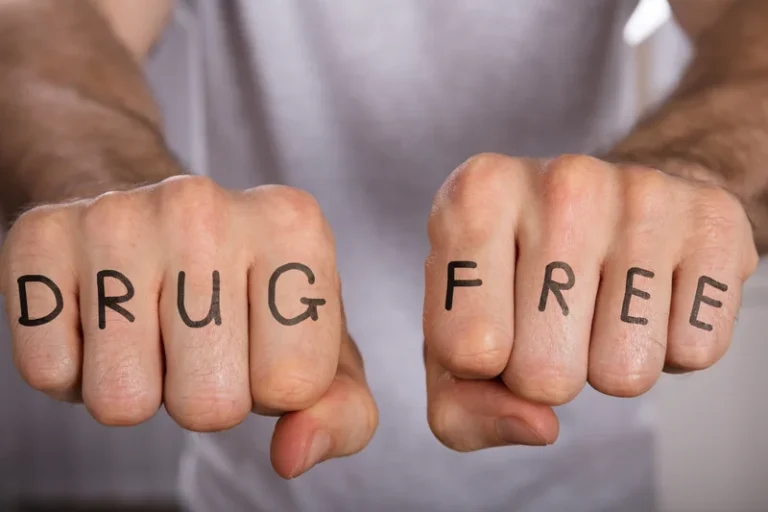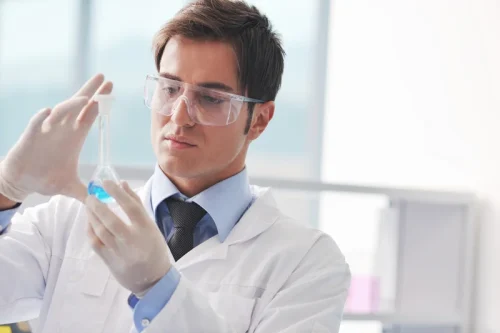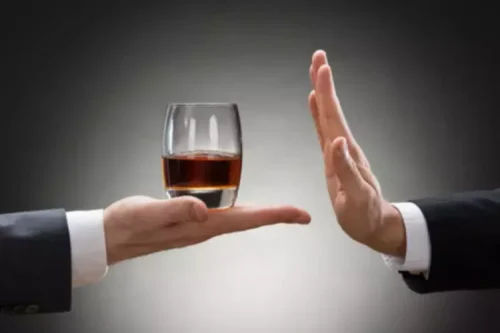
A doctor may also prescribe a sedative drug, such as a benzodiazepine, to help reduce withdrawal symptoms such as restlessness or agitation. Benzodiazepines like Librium (chlordiazepoxide) and Ativan (lorazepam) may also help to prevent minor withdrawal symptoms from becoming more severe. Other drugs what happens when you stop drinking alcohol a healthcare provider might prescribe include anxiolytics , vitamins, and suboxone. Alcohol withdrawal symptoms can be greatly reduced or even eliminated with proper medical care. There are specific treatments available for anyone who wants to stop drinking—even after long-term, chronic alcohol use.
Alcohol Use Disorder: After You Quit Drinking
These symptoms can be dangerous, so talk to your doctor if you are a heavy drinker and want to quit. Substance abuse experts make a distinction between alcohol abuse and alcoholism (also called alcohol dependence). Unlike alcoholics, alcohol abusers have some ability to set limits on their drinking. However, https://ecosoberhouse.com/ their alcohol use is still self-destructive and dangerous to themselves or others. Often, family members and close friends feel obligated to cover for the person with the drinking problem. So they take on the burden of cleaning up your messes, lying for you, or working more to make ends meet.
Improved Cognition
- It is potentially life-threatening, so it is essential to seek medical attention immediately if you experience such symptoms.
- “While for some people these structural changes are not reversible, most people are able to show less shrinkage in one to three months with alcohol abstinence,” says Volpicelli.
- Drinking alcohol can contribute to a variety of cognitive issues, including poor memory, slow reaction time, impaired impulse control, and poor concentration.
- When you stop consuming alcohol after prolonged, heavy use, your CNS can’t respond or regulate itself fast enough.
- After half a year without drinking, you will really start to reap the rewards.
- Letting others know about your choice to stop drinking may help motivate you to stick with your decision.
Since alcohol can damage your cells, it may lead to DNA changes that increase your risk for certain cancers, particularly liver, colon, and rectal cancer. In fact, alcohol use accounts for 6 percent of all cancers and 4 percent of all cancer deaths in the U.S. If your blood pressure, pulse, or body temperature rises, or if you have more serious symptoms like seizures and hallucinations, seek medical care immediately (dial 911). That said, If you’ve been drinking excessively, then stopping drinking cold turkey can lead to withdrawal symptoms. He is the co-chair of the LA County Department of Health Services HIV Best Practices Committee and member of the LA County Department of Health Services Substance Use Disorder work group. Dr. Belani is currently a member of the Society of General Internal Medicine and American Academy of HIV Medicine.
Tolerance: The 1st major warning sign of alcoholism

You don’t have to be homeless and drinking out of a brown paper bag to be an alcoholic. Many alcoholics are able to hold down jobs, get through school, and provide for their families. But just because you’re a high-functioning alcoholic doesn’t mean you’re not putting yourself or others in danger. Do you have to drink a lot more than you used to in order to get buzzed or to feel relaxed? These are signs of tolerance, which can be an early warning sign of alcoholism. Tolerance means that, over time, you need more and more alcohol to feel the same effects.
Caregiver Stress and Burnout

For example, you recognize that your alcohol use is damaging your marriage, making your depression worse, or causing health problems, but you continue to drink anyway. If your drinking is causing problems in your life, then you have a drinking problem. There are many benefits to your health if you cut out alcohol completely. The most severe symptoms tend to disappear within days, whereas less intense ones may last longer.
Will I experience withdrawal symptoms if I stop drinking?
Symptoms of Alcohol Withdrawal: Timeline and Signs of Danger

Can cutting out alcohol bring about health benefits?
